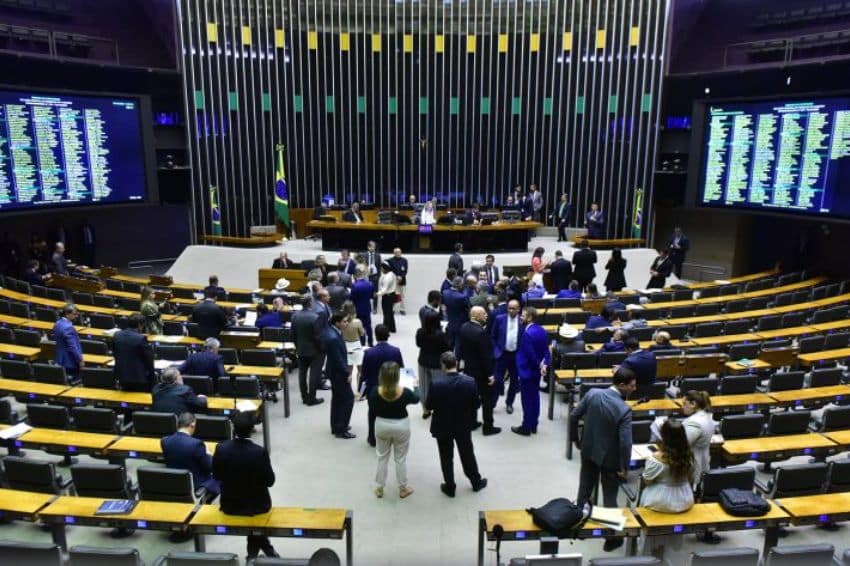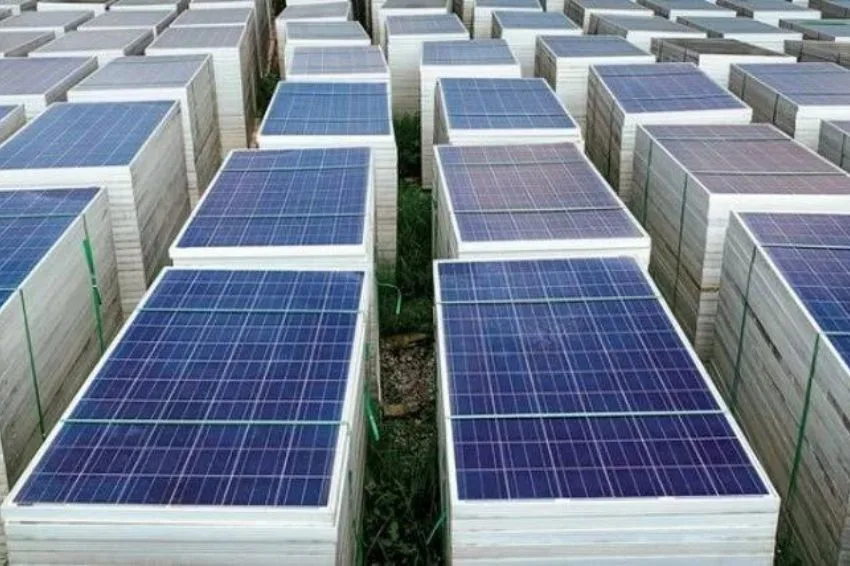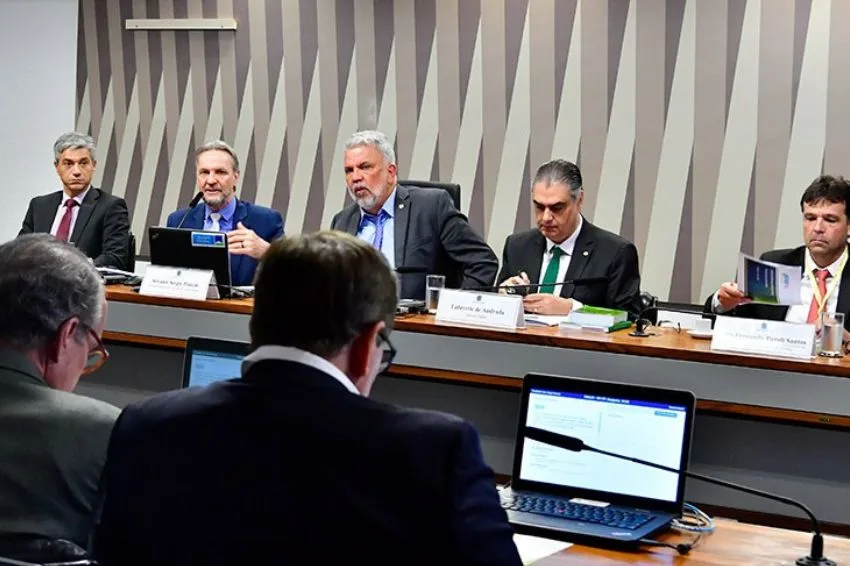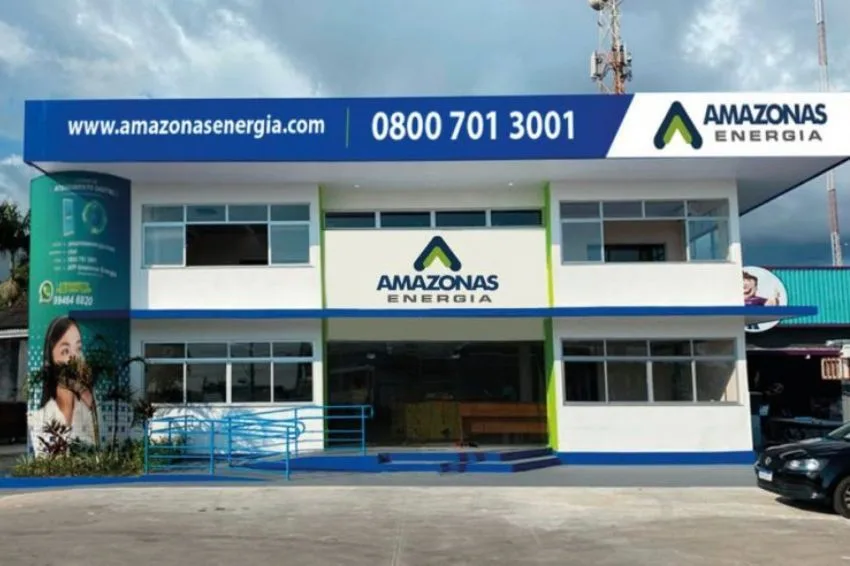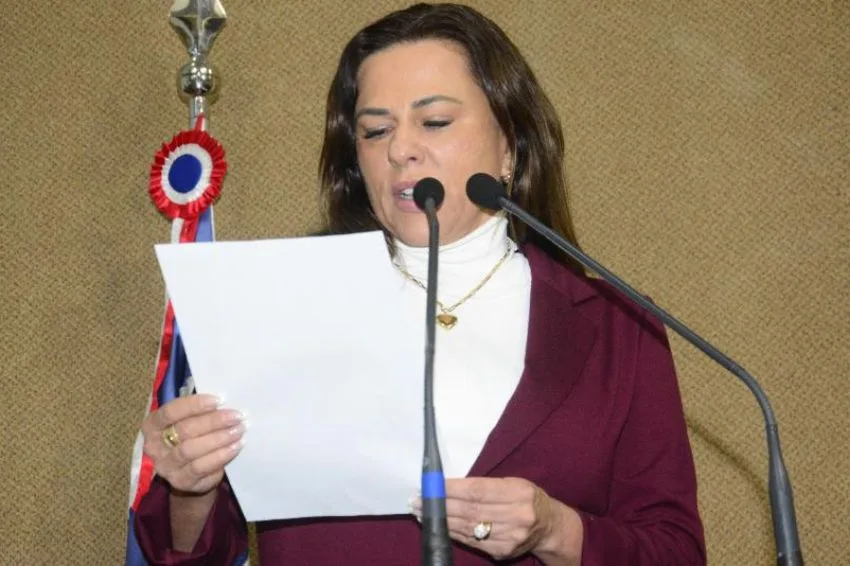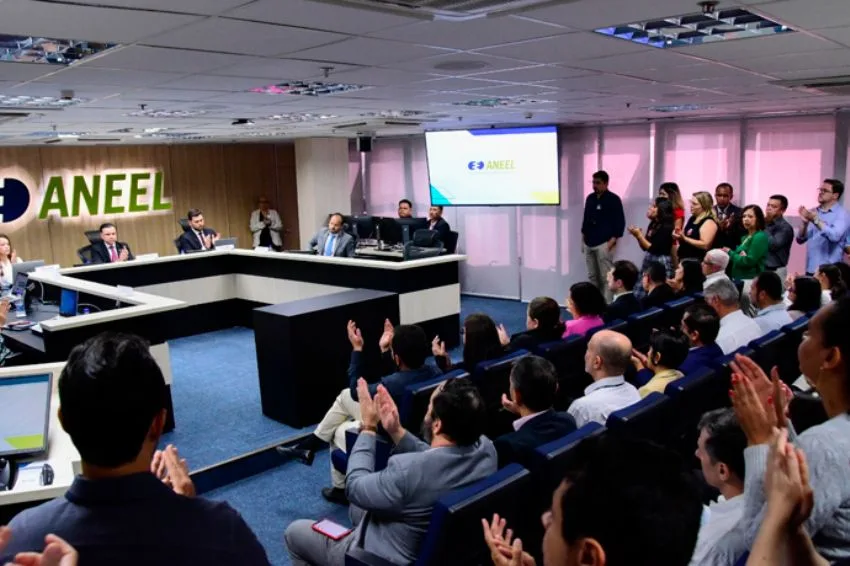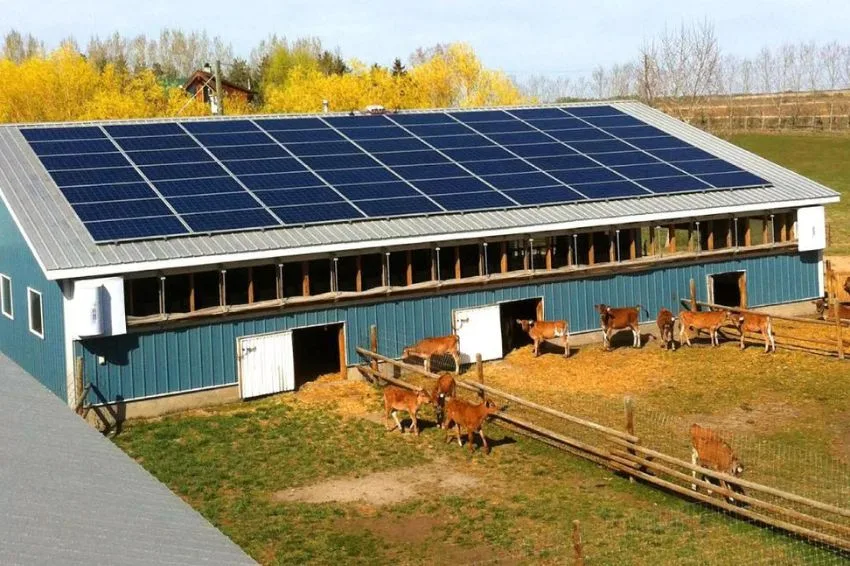A Chamber of Deputies approved on Tuesday night (19) the procedure in emergency regime on one bill which provides for the creating a program which can reduce Brazilians' electricity bills and stimulate the production of solar energy for 17 million low-income families, in the consumption range of up to 220 kWh per month.
A idea is to replace the current TSEE (Social Electricity Tariff), a benefit granted to families in situations of economic vulnerability, by the Rebbe (Basic Energy Income Program), which, among other issues, seeks to promote development of the solar energy market in Brazil.
At the moment, all electricity consumers in the country pay the CDE (Energy Development Account) – a fund whose objective is finance public policies for access to electricity, including the social tariff. As a result, around R$ 6 billion is collected every year.
By the bill, that resource would be used to create solar plants throughout the national territory, with an emphasis on installations in rural areas and floating plants in hydroelectric reservoirs.
According to the author of the proposal, deputy Pedro Uczai, the intention is that in ten years enough solar plants will be built to serve the more than 17 million families that receive the benefit of the social tariff, meaning that this cost will be removed from the electricity bill. of taxpayers.
According to the proposal, solar plants must be operated directly by ENBPar (Empresa Brasileira de Participações em Energia Nuclear e Binacional SA) or by contracting solar energy cooperatives in the region in which they are installed. Check out the bill in full by clicking here.
What is an emergency regime?
The emergency regime does not require some regulatory formalities. To be processed under this regime, the proposal must deal with matters involving the defense of democratic society and fundamental freedoms, among other cases.
A proposal can also be processed urgently when a request is made to that effect. If the urgency is approved, the proposal will be placed on the Agenda of the following deliberative session, even if it is on the same day.
All content on Canal Solar is protected by copyright law, and partial or total reproduction of this site in any medium is expressly prohibited. If you are interested in collaborating or reusing part of our material, we ask that you contact us via email: [email protected].


